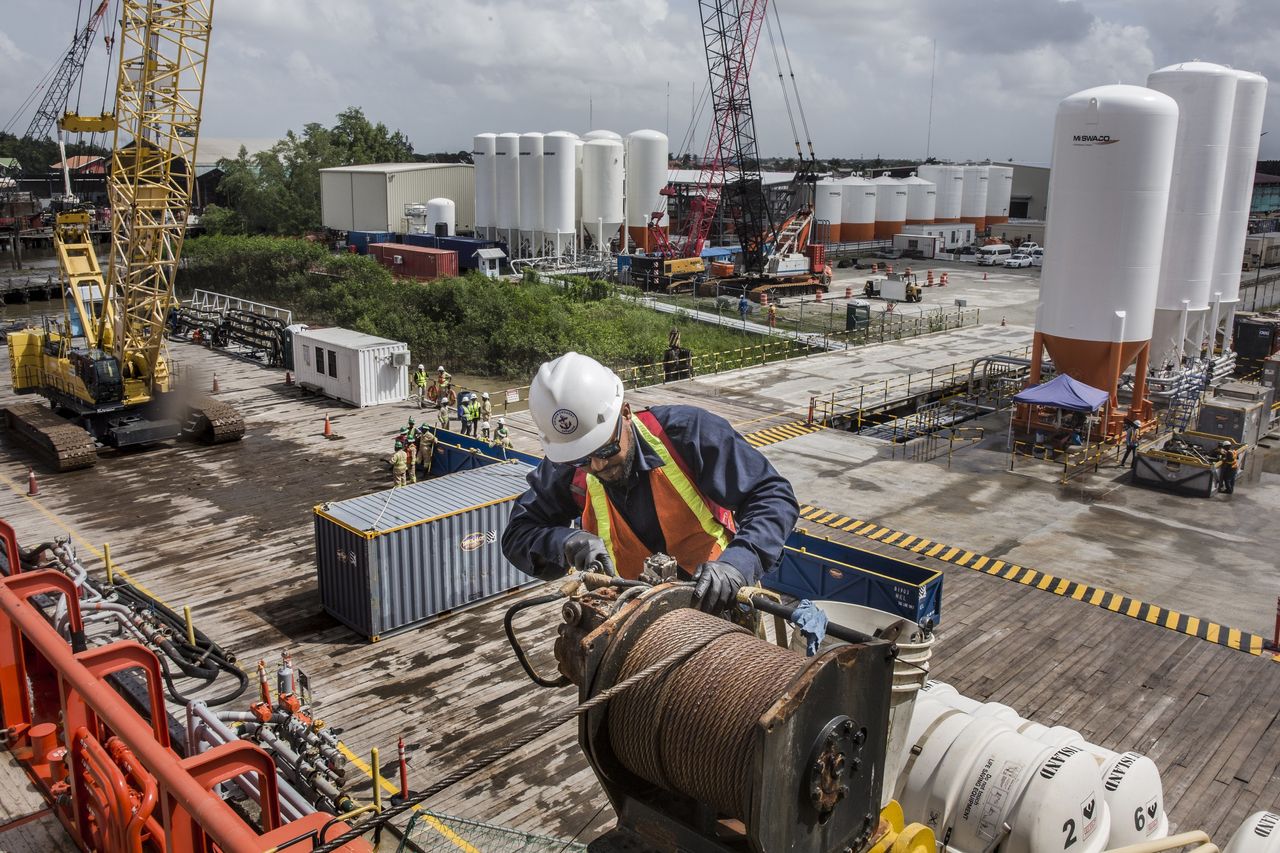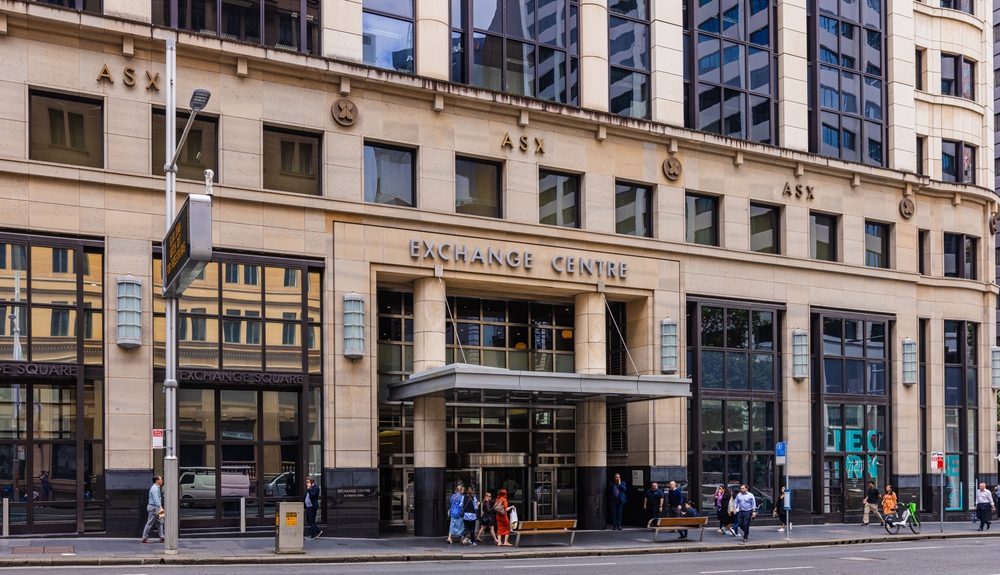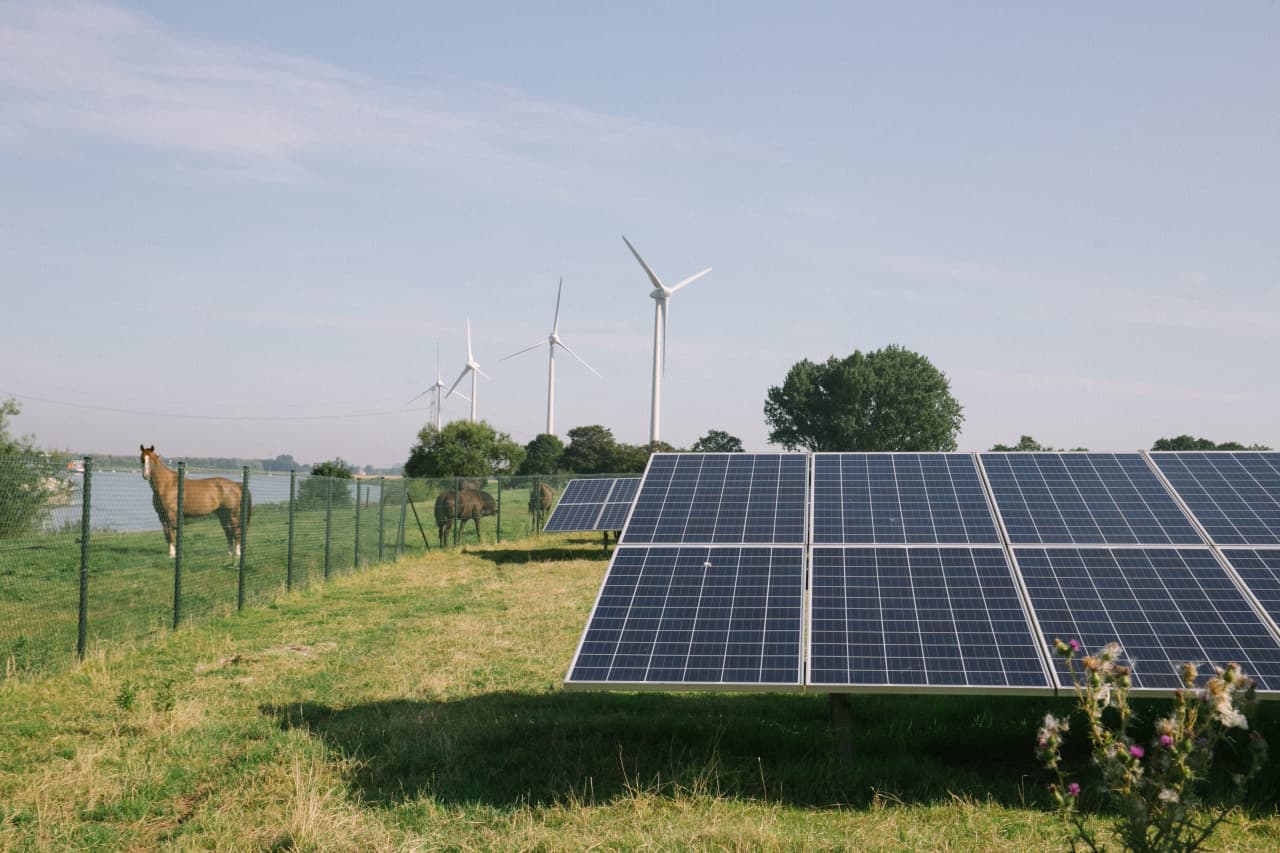Carbon Trading Opens Loophole in Paris Climate Accord
Credits issued under the landmark Paris accord come with limited oversight as international trading ramps up
When the South American nation of Guyana wanted to sell millions of carbon-offset credits to preserve its rainforests, government officials knew they had a problem: The country’s lush Amazonian forests were actually in good shape.
Guyana’s rate of deforestation was already low, meaning its forests wouldn’t yield much under standard methodologies for calculating carbon credits. So its government chose a new method that allows a large adjustment for countries with healthy forests. The change raised the credits that Guyana could issue sixfold. Guyana sold 37.5 million of them last year to U.S. oil giant Hess for at least $750 million, and is now shopping the remaining two thirds to countries facing pressure to comply with the landmark Paris climate accord, officials say.
That agreement calls for governments to adopt national plans to limit greenhouse-gas emissions and allows them to pay for emission-reduction projects elsewhere in the world to offset their own pollution. Credits for each ton of emissions cut can then be traded between countries. It is as if the emission reduction happened in the country buying the credit, not the one selling it.
Guyana is among the first in a long line of developing-world countries expected to cash in on credits compliant with United Nations agreements. Some officials worry the U.N. risks giving its seal of approval to credits for forests that aren’t under threat. At the COP28 climate summit under way in Dubai, negotiators are debating how much scrutiny carbon trading should face from U.N. experts and the public to prevent the mechanism from becoming a loophole in the Paris accord.
“If we play that game—every country gets to come in and pull an arbitrary methodology out of the ether, apply it to their forest areas and say give me credits—we’re never going to get anywhere,” said Kevin Conrad, the climate envoy of Papua New Guinea.
For now, the Paris accord imposes relatively little oversight on the market. Credits are required to undergo review by a panel of experts. But at last year’s COP in Egypt, governments decided that the experts wouldn’t be allowed to review the “appropriateness” or “adequacy” of projects.
That is fuelling fears the accord opens the door for polluting countries to buy lower-quality credits from poorer nations to meet their own emissions targets, undermining the Paris accord ambition of limiting global warming to 1.5 degrees Celsius above preindustrial era temperatures. Some developing countries are pushing for the right to keep much of the information around offset projects confidential. Companies would end up buying the credits, critics say, that would support spurious greenhouse-gas reduction claims. Hess said it would apply Guyana’s credits to its goal of completely offsetting its emissions by 2050.
“There is very little oversight of the process,” said Jonathan Crook of Carbon Market Watch, a Brussels-based nonprofit. “Some countries could set a higher bar, but there’s a risk that others do not.”
Guyana is in talks to sell credits to Singapore, which is evaluating whether it will accept the adjustment for low deforestation countries, an official involved in the talks said. The U.N.’s civil aviation agency last year said it would accept Guyana’s methodology under new regulations it set to limit emissions from international flights, making Guyana’s offsets the first eligible under the rules.
Switzerland is moving to purchase the first credits under the Paris accord, for non-forest projects in Ghana, Thailand and Vanuatu. The credits will then be used by Swiss companies to comply with the country’s greenhouse-gas limits under the Paris accord.
The Swiss government is refusing to invest in forestry projects because of uncertainties around the baseline against which the lack of deforestation is measured. Switzerland also has concerns around whether protections for forests are long term—a tree cut down or destroyed in the future would release the planet-warming carbon dioxide it has absorbed over its lifetime.
Corporations over the past decade have invested billions of dollars in greenhouse-gas offset projects in the developing world. Those projects yield so-called voluntary carbon credits: The companies are under no legal obligation to buy them but do so because of public commitments they have made to offset their carbon emissions.
Academic research and media reports have cast doubt on the impact of many of the projects underlying these credits. The problems were particularly acute in projects to prevent deforestation. Because such programs typically cover relatively small areas within a larger forest, they risk pushing logging and clear-cutting for agriculture into other sections that aren’t protected by a project.
Guyana’s project is designed to address some of these problems. It is one of the first to cover an entire nation, eliminating the possibility that deforestation could be displaced within the country. Covering around 45 million acres, it is one of the world’s largest forest-protection projects, according to Trove Research.
Guyana has some of the most pristine forests on the planet. They have been mostly spared the rampant logging and clear-cutting seen in neighbouring Brazil. Guyana lacks rich soil suitable for large-scale agriculture, a major driver of deforestation, scientists say.
“These are among the poorest soils on the planet,” said Janette Bulkan, a Guyanese forestry expert at the University of British Columbia.
Critics say issuing credits for protecting such forests violates a core principle of carbon crediting: They should only be issued for emissions that would have happened without the project.
Guyanese officials say its forests are nevertheless at risk in the near future without intervention. The country’s economy is growing quickly, as is global demand for the commodities that could be extracted from its rainforests. Guyana is also reaping a windfall from oil discoveries off its coast that are now being pumped by Exxon Mobil and Hess.
“Guyana’s forests offer opportunities for a wide range of goods and services, and development opportunities for opening up areas for industry and manufacturing,” said Pradeepa Bholanath, who oversees climate policy at Guyana’s Ministry of Natural Resources.
Guyana’s credits have been calculated by Architecture for REDD+ Transactions, a program run by the U.S. nonprofit Winrock International. The program’s methodology allows countries like Guyana that have had little deforestation in the past to issue credits against a predicted future level of deforestation under a formula devised by Winrock.
Winrock and other advocates of the methodology say the money allows much-needed climate finance to flow to rain-forested countries, even if they haven’t experienced past deforestation. Guyana has already received more than $100 million in its deal with Hess. Officials say that money is reaching tribes that live in the rainforests and being used nationally for forest preservation and renewable energy projects.
 Copyright 2020, Dow Jones & Company, Inc. All Rights Reserved Worldwide. LEARN MORE
Copyright 2020, Dow Jones & Company, Inc. All Rights Reserved Worldwide. LEARN MORE
This stylish family home combines a classic palette and finishes with a flexible floorplan
Just 55 minutes from Sydney, make this your creative getaway located in the majestic Hawkesbury region.
Impact investing is becoming more mainstream as larger, institutional asset owners drive more money into the sector, according to the nonprofit Global Impact Investing Network in New York.
In the GIIN’s State of the Market 2024 report, published late last month, researchers found that assets allocated to impact-investing strategies by repeat survey responders grew by a compound annual growth rate (CAGR) of 14% over the last five years.
These 71 responders to both the 2019 and 2024 surveys saw their total impact assets under management grow to US$249 billion this year from US$129 billion five years ago.
Medium- and large-size investors were largely responsible for the strong impact returns: Medium-size investors posted a median CAGR of 11% a year over the five-year period, and large-size investors posted a median CAGR of 14% a year.
Interestingly, the CAGR of assets held by small investors dropped by a median of 14% a year.
“When we drill down behind the compound annual growth of the assets that are being allocated to impact investing, it’s largely those larger investors that are actually driving it,” says Dean Hand, the GIIN’s chief research officer.
Overall, the GIIN surveyed 305 investors with a combined US$490 billion under management from 39 countries. Nearly three-quarters of the responders were investment managers, while 10% were foundations, and 3% were family offices. Development finance institutions, institutional asset owners, and companies represented most of the rest.
The majority of impact strategies are executed through private-equity, but public debt and equity have been the fastest-growing asset classes over the past five years, the report said. Public debt is growing at a CAGR of 32%, and public equity is growing at a CAGR of 19%. That compares to a CAGR of 17% for private equity and 7% for private debt.
According to the GIIN, the rise in public impact assets is being driven by larger investors, likely institutions.
Private equity has traditionally served as an ideal way to execute impact strategies, as it allows investors to select vehicles specifically designed to create a positive social or environmental impact by, for example, providing loans to smallholder farmers in Africa or by supporting fledging renewable energy technologies.
Future Returns: Preqin expects managers to rely on family offices, private banks, and individual investors for growth in the next six years
But today, institutional investors are looking across their portfolios—encompassing both private and public assets—to achieve their impact goals.
“Institutional asset owners are saying, ‘In the interests of our ultimate beneficiaries, we probably need to start driving these strategies across our assets,’” Hand says. Instead of carving out a dedicated impact strategy, these investors are taking “a holistic portfolio approach.”
An institutional manager may want to address issues such as climate change, healthcare costs, and local economic growth so it can support a better quality of life for its beneficiaries.
To achieve these goals, the manager could invest across a range of private debt, private equity, and real estate.
But the public markets offer opportunities, too. Using public debt, a manager could, for example, invest in green bonds, regional bank bonds, or healthcare social bonds. In public equity, it could invest in green-power storage technologies, minority-focused real-estate trusts, and in pharmaceutical and medical-care company stocks with the aim of influencing them to lower the costs of care, according to an example the GIIN lays out in a separate report on institutional strategies.
Influencing companies to act in the best interests of society and the environment is increasingly being done through such shareholder advocacy, either directly through ownership in individual stocks or through fund vehicles.
“They’re trying to move their portfolio companies to actually solving some of the challenges that exist,” Hand says.
Although the rate of growth in public strategies for impact is brisk, among survey respondents investments in public debt totaled only 12% of assets and just 7% in public equity. Private equity, however, grabs 43% of these investors’ assets.
Within private equity, Hand also discerns more evidence of maturity in the impact sector. That’s because more impact-oriented asset owners invest in mature and growth-stage companies, which are favored by larger asset owners that have more substantial assets to put to work.
The GIIN State of the Market report also found that impact asset owners are largely happy with both the financial performance and impact results of their holdings.
About three-quarters of those surveyed were seeking risk-adjusted, market-rate returns, although foundations were an exception as 68% sought below-market returns, the report said. Overall, 86% reported their investments were performing in line or above their expectations—even when their targets were not met—and 90% said the same for their impact returns.
Private-equity posted the strongest results, returning 17% on average, although that was less than the 19% targeted return. By contrast, public equity returned 11%, above a 10% target.
The fact some asset classes over performed and others underperformed, shows that “normal economic forces are at play in the market,” Hand says.
Although investors are satisfied with their impact performance, they are still dealing with a fragmented approach for measuring it, the report said. “Despite this, over two-thirds of investors are incorporating impact criteria into their investment governance documents, signalling a significant shift toward formalising impact considerations in decision-making processes,” it said.
Also, more investors are getting third-party verification of their results, which strengthens their accountability in the market.
“The satisfaction with performance is nice to see,” Hand says. “But we do need to see more about what’s happening in terms of investors being able to actually track both the impact performance in real terms as well as the financial performance in real terms.”
This stylish family home combines a classic palette and finishes with a flexible floorplan
Just 55 minutes from Sydney, make this your creative getaway located in the majestic Hawkesbury region.






















